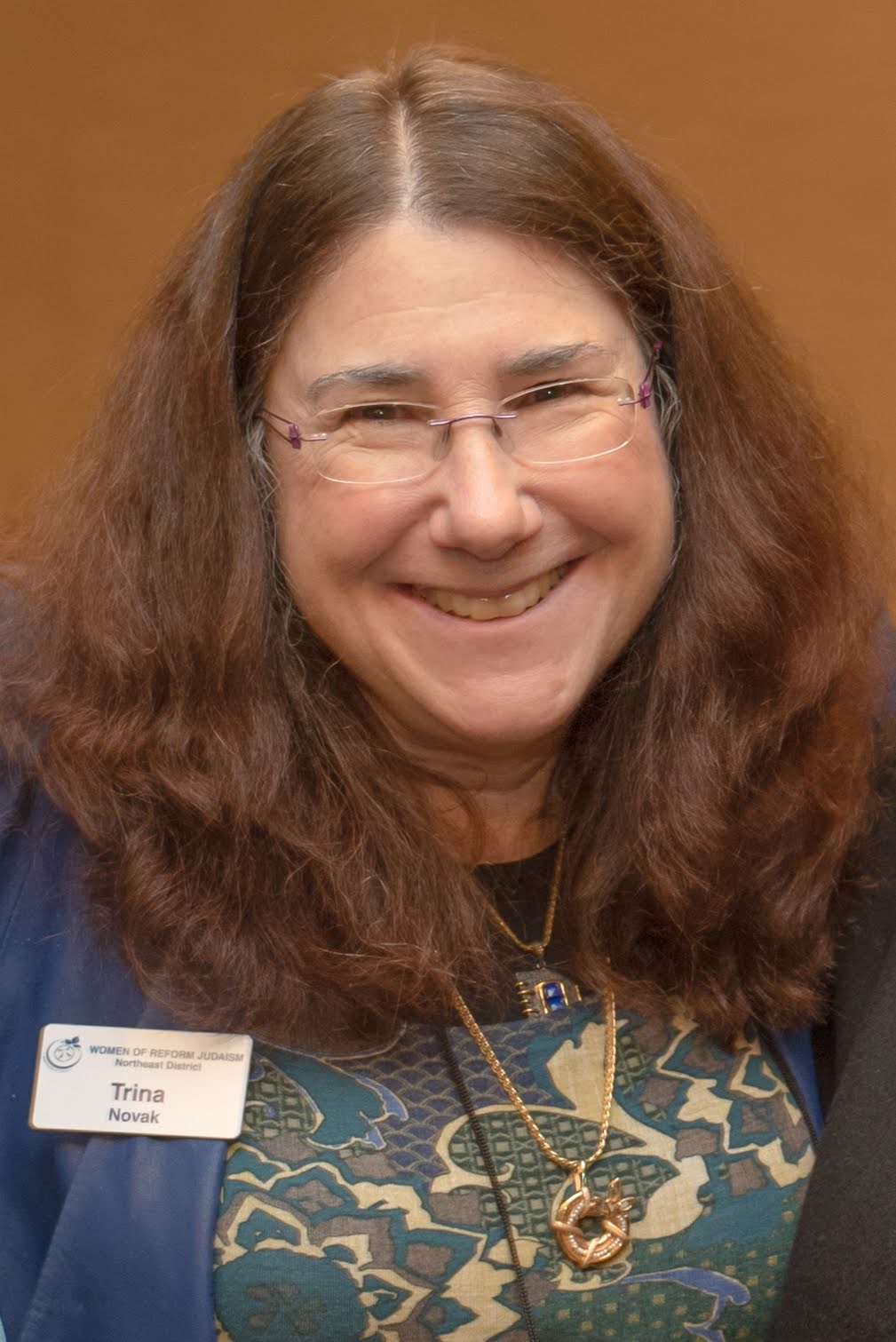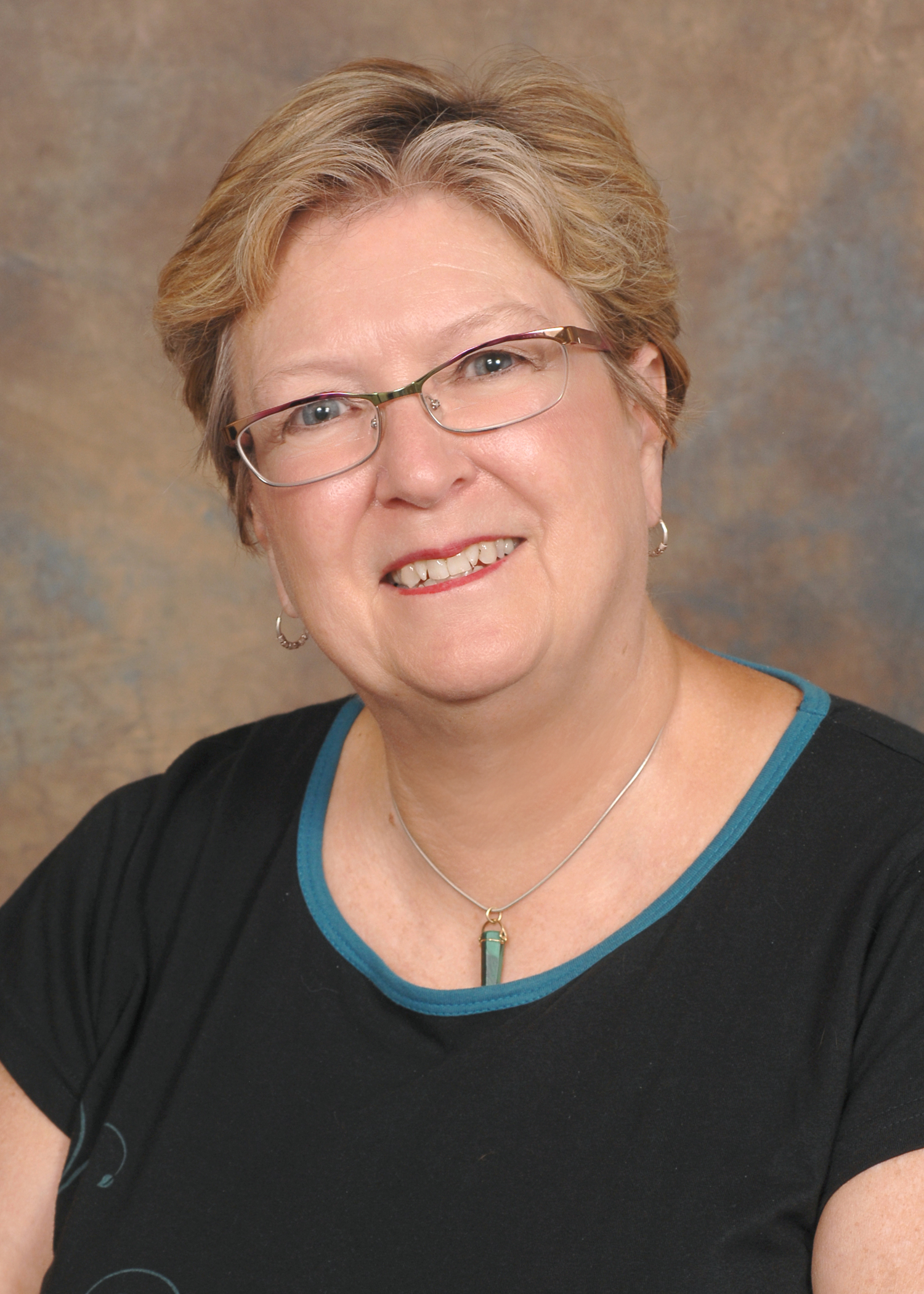
Do you belong to a “Hug and Kiss” congregation? In our communities, we greet each other with big hugs often accompanied by a kiss. This is part of our culture. These actions are fine if the two people engaging with each other are in consensual agreement. What happens when someone you are only acquainted with, or someone you barely know, decides that, because of the community culture, they can greet you in an intimate way without consent? What happens when a person places their hand on your shoulder or lower back while walking with you into the sanctuary. When do community cultural behaviors cross the line?
Recently, three of our movement partners conducted investigations about allegations of sexual impropriety. In response to these events and in alignment with our advocacy High Priorities and 50-year history of speaking out against gender-based violence, WRJ is embarking on a new initiative entitled WRJ says STOP: An Initiative Against Sexual Harassment and Assault. The WRJ says STOP Initiative will educate and empower women to respond to sexual harassment and assault. The topic is timely considering the investigations and reports coming out in the Reform Movement. This program gives WRJ a platform to be a part of the response by the Reform Movement at the institutional level and the member level. Our members are in congregations as members, volunteers, leaders, clergy, senior staff, and teachers. Through this initiative, WRJ can advocate and make a significant impact with congregations and in greater society. We hope that WRJ members and affiliates will gain the knowledge, skills, and confidence to raise their voices within their communities, with their clergy and temple boards, to address the existence and scope of policies and procedures around these matters.
This is a difficult topic for many to approach. The problem is endemic in our culture to such an extent that behaviors are accepted as “normal” and overlooked. That said, essentially all women experience gender-based harassment and one in six women have reported sexual assault. Many participants in this program may have stories to share, and many may not be ready to face their experiences. No one who has been subjected to these experiences is responsible.
Over the next 18 months WRJ says STOP will:
- Teach skills, provide tools, and best practices that you can share with others
- Educate, train, and empower our members to advocate for a safe environment within our communities
- Empower our members to be upstanders
- Learn to hear and support survivors as allies, and ask for help ourselves
- Recognize & minimize microaggressions in our communities
This program will incorporate a series of four modules comprised of webinars, training programs, a resource guide, advocacy opportunities and action items at the North American, district, and local synagogue levels. There is an opportunity for everyone to participate and make every voice be heard.
One benefit of the COVID-19 pandemic is that people now ask each other if they can approach and hug you. This has led to more respect for bodily autonomy, but why did it take a global pandemic for this to happen? How will we be able to sustain this consensual behavior once the pandemic ends? WRJ says STOP intends to answer some of these questions.
The first webinar in the series will be offered on Tuesday, September 20, 2022 and will lay the foundation for this initiative. Watch for upcoming announcements, related articles, emails, and suggestions for action opportunities. When registration opens, please sign up to attend. The information could make a difference for your family and friends and impact your life.
In addition to the webinar series, we will provide opportunities for Education, Advocacy, and Action. To show your support, link to the STOP Initiative, urge Congress to close the boyfriend loophole, mark your calendars for the September 20th webinar, and use one of these graphics on your social media to share why you wear teal (the color designated to show support for survivors of domestic and sexual violence). To connect with us regarding this initiative, we can be reached at Advocacy@wrj.org.
Related Posts

Introspection: A Scheduling Balance

500 Days Since 10/7: Representing the Reform Movement on COP Israel Mission



